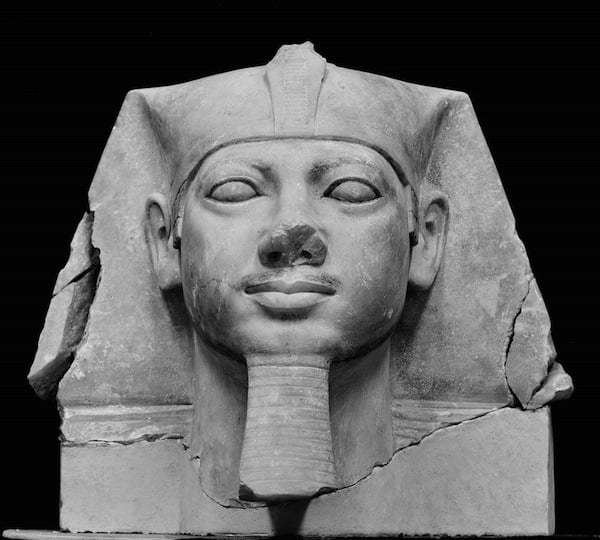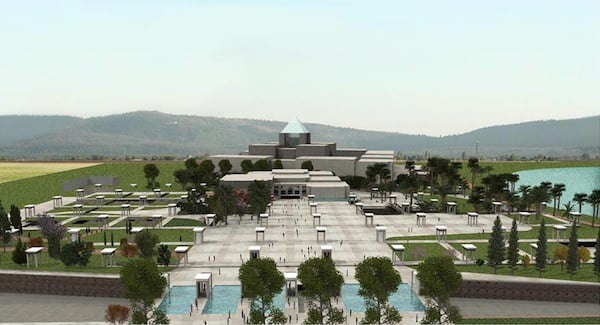Law & Politics
Cairo Curators Arrested for Stealing Priceless Antiquities and Replacing with Replicas

Photo: via Boston Museum of Fine Arts

Alyssa Buffenstein

Two curators of Cairo’s National Museum of Egyptian Civilization (NMEC) have been arrested for stealing two ancient objects and replacing them with replicas, the Daily Mail reports.
A statue of the fourth dynasty Egyptian King Menkaure from the Karnak Temple, and an ancient Islamic lantern have been stolen.
Egypt has struggled to keep looting of ancient artifacts under control since the 2011 uprising, but it hits especially hard when curators, who should be dedicated to preserving culture, succumb to criminal temptations (see Egyptian Antiquities Minister Calls for U.S. Importation Restrictions and New Approach to Egypt’s Scourge of Antiquities Theft).

An ancient Islamic lamp like this one was stolen from the NMEC and replaced with a replica.
Photo: via the David Collection
Disorganization on the museum’s side allowed the theft to go unnoticed. Cairo police made the arrests after an investigation into ancient Islamic artifacts that went missing from the museum and ended up at auction in London (see Stolen Egyptian Antiquities Hit the Open Market).
Following these arrests, a ministry committee will establish an inventory of the museum’s holdings.

A rendering of the NMEC, under construction since 2004 with no open-date in sight.
Photo: via National Museum of Egyptian Civilization’s Facebook Page
The NMEC is dedicated to preserving Egyptian culture from antiquity until today, and has been in the works since 1982 as part of a UNESCO campaign. Construction began in 2004, but a number of roadblocks–including the 2011 uprising–postponed its opening, the date of which is still unknown.